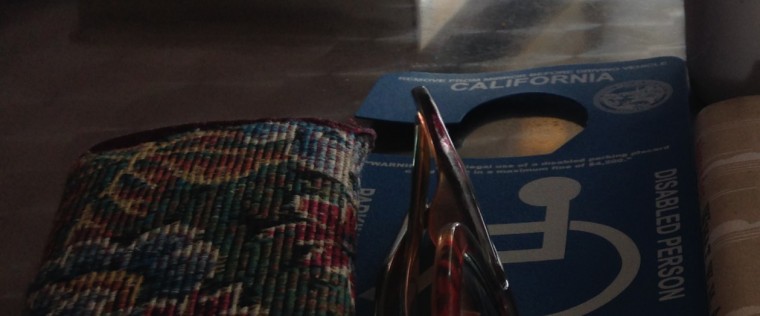The Spoon Theory … or How To Continue to Be Happily Artful Despite Chronic, Catastophic and/or Life Threating Illness
This one is for all my poet, writer, artist and musician friends who continue to create in the face of sometimes dramatic physical health issues and disabilities. Be as well as you can be. You are valued. ♥
There are two videos included here. If you are reading this post from an email subscription, it’s likely that you’ll have to link through to the site to view the videos. They’re both worth the time and effort.
The Spoon Theory (see video above) is a clear and vivid way of explaining what it is like to live with any chronic, catastrophic and potentially life-threatening illness. I suspect that it also explains what life is like for those who have lived long enough to be described as “elderly.” Understanding The Spoon Theory gifts us with compassion for ourselves and patience with how long it takes to get things done … even a poem, piece of flash fiction, a blog post or visits to other bloggers.
The first step in living successfully with catastrophic illness and advanced aging is to recognize (acknowledge/understand) the ramifications in terms of everyday life and its details. The Spoon Theory helps with that.
The second step is acceptance. That’s about letting go of your story. It’s about not being defined by the circumstances of your life. It’s about living with not struggling against. This requires something much more profound than positive thinking, which tends toward the superficial.
Letting go of our stories means letting go of judgement and attachment and a sense of victimization, which are the root causes of many of our very human pathologies. The philosopher Arthur Schopenhauer wrote of this my-story mentality as “striving, disappointment, and boredom” or a life that is devoid of Spirit. Songwriters, who often make their living by stoking the “pain body” or the residue of emotional pain that stays with us [Eckhart Tolle], call this the IFD disease – idealization, frustration (the ideal cannot be achieved) and demoralization.
The third step in the journey is to adapt, a business of the heart. Adapting is not about giving up. It’s about finding our core of joy and gratitude and no one reminds of joy and gratitude better than the beloved Benedictine monk, Brother David Stendl-Rast (video below), who combines the wisdom of traditional Christianity with pragmatism of Buddhism.
No guilt. No judgement. Just joy. With understanding, self-compassion, patience and acceptance, we can still produce as so many of us do … and maybe, instead of beating ourselves up over what didn’t get done each day, we’ll be able to pat ourselves on the back for all we do accomplish. We cannot share The Spoon Theory with everyone. Many people will not understand our challenges. All that matters is that we do and that we support one another.
© 2017, words, Jamie Dedes (The Poet by Day), All rights reserved
“In politics being deceived is no excuse.” Leszak Kolakowski
 Recommended read: On Tyranny: Twenty Lessons from the Twentieth Century by Timothy Snyder. Left, right or center – American or not – it’s a must read for our chaotic times … and not just the list of lessons but Prof. Snyder’s commentary on each. This book is a rational enlightening little gem and a powerful wake-up call.
Recommended read: On Tyranny: Twenty Lessons from the Twentieth Century by Timothy Snyder. Left, right or center – American or not – it’s a must read for our chaotic times … and not just the list of lessons but Prof. Snyder’s commentary on each. This book is a rational enlightening little gem and a powerful wake-up call.
Lesson One: “Do not obey in advance. Most of the power of authoritarianism is freely given. In times like these, individuals think ahead about what a more repressive government will want, and then offer themselves without being asked. A citizen who adapts in this way is teaching power what it can do.” Prof. Snyder
THE WORDPLAY SHOP: books, tools and supplies for poets, writers and readers



 Oh wild, wonderful rain during the night and into the morning, billowing in wind-gusted torrents.
Oh wild, wonderful rain during the night and into the morning, billowing in wind-gusted torrents.